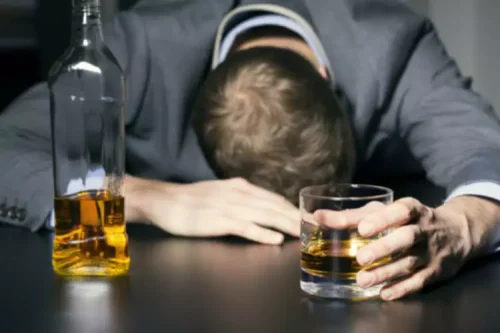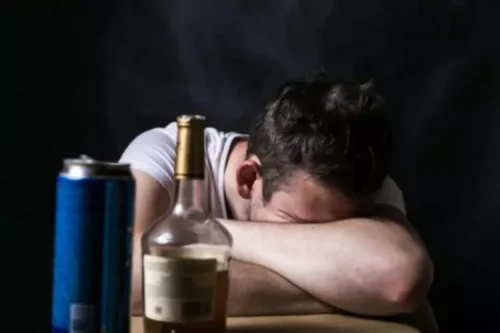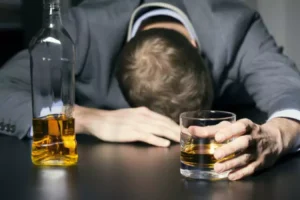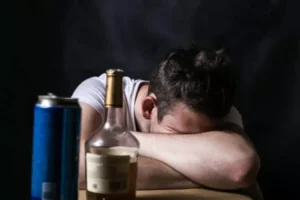- Acelerador financeiro
- Activity
- Add a Listing
- Add a Listing
- All elementor widgets
- Baixe já o aplicativo GIANTS
- Blog
- Blog
- Bruno Andrade
- busca
- Carrinho
- Checkout
- Checkout
- Claim listing
- Cris Arcangeli
- Dener Lippert
- E
- Espaço Acelerador
- Eugenio Pachelli
- Explore
- Explore
- Explore (2 columns)
- Explore (3 columns)
- Explore 2
- Explore 3
- Explore Alternate
- Explore classic
- Explore No map
- Finalizar compra
- Flavio Augusto
- Giants
- Giants oficial
- Gilberto Augusto
- Gilberto Mautner
- Heloisa Capelas
- Home
- Israel Salmen
- Janguiê Diniz
- João Appolinario
- João Kepler
- Loja
- Manoel Carlos
- Marcus Marques
- Members
- Minha conta
- My account
- My account
- Página de exemplo
- Porsche Cup
- Rafa Rossi
- Reinaldo Zanon
- Renan Kaminski
- Ricardo Nunes
- Sample Page
- Sandro Magaldi
- Shop
- Shop
- Tiago Brunet
- Tiago Nigro
- Wendell Carvalho
Alcohol Dependence and its Relationship with Insomnia and Other Sleep Disorders PMC

Alcohol withdrawal insomnia is https://ecosoberhouse.com/ a common challenge, and rehab programs offer evidence-based strategies to manage symptoms. With a focus on sleep hygiene, relaxation techniques, and comprehensive addiction treatment, rehab provides professional support for a successful recovery journey. A number of effective pharmacological and nonpharmacological treatment options exist to manage insomnia. Most have been evaluated in non-alcoholic insomnia patients so their efficacy in alcoholic patients is uncertain. Moreover, treating insomnia in the alcoholic patients requires special consideration because of the abuse history and potential for overdose with some pharmacological agents when mixed with alcohol.

Personal Relaxation Methods
The most effective time of day for the body to metabolize alcohol, according to research? That’s right, the traditional “happy hour” time is actually when the body is most prepared to process that cocktail. If that mimosa with brunch hits you particularly hard, it may be the result of circadian timing. The liver acts as a filtering system for the body, helping metabolize food and chemicals (including alcohol itself), and pulling toxins from the bloodstream.
How Does Soda Affect Sleep?

Once your brain and body have gotten used to the regular presence of alcohol, you’re alcohol-dependent. And once dependence sets in, suddenly stopping drinking can cause a number of reactions. For most people, these include anxiety, agitation, and difficulty falling or staying asleep.

Why Does Alcohol Make You Sleepy?
Alcohol consumption among the elderly has increased10 and the prevalence of insomnia tends to increase with age11, therefore this age group warrants particular consideration. However, there are many coping skills a person can practice to improve their sleep. People with alcohol use disorder experience insomnia at alcohol insomnia higher rates than those who don’t abuse alcohol. This has severe implications for the U.S. population’s lifestyle. Insomnia doesn’t directly cause alcoholism, nor does alcoholism always cause insomnia.
How Does Alcohol Affect the Sleep Cycle?
- Understanding the effects of alcohol on sleep is the first step toward preventing alcohol-related sleep problems.
- The Recovery Village aims to improve the quality of life for people struggling with substance use or mental health disorder with fact-based content about the nature of behavioral health conditions, treatment options and their related outcomes.
- Drinking alcohol can affect the quality and length of your sleep, leading to sleep disorders — such as insomnia and sleep apnea — in some.
- While alcohol can help you fall asleep, it does not help you stay asleep during the later hours of the night.
- There is a growing body of literature demonstrating a bidirectional relationship of insomnia with alcohol consumption and alcohol misuse.
You don’t have to suffer from insomnia when you’re on your period. Remaining mindful of your temperature, diet habits and hydration may help. New tech like the Oura Ring may also help you better understand your cycle and temperature changes. If you experience severe period pain that can’t be mitigated by at-home tips, talk with your doctor. Relaxing your muscles before bed can help you drift off to sleep more easily.
- It’s harder to wake the person as they become unresponsive to outside stimuli.
- The perpetual use of alcohol as a sleep aid may be a counterproductive long-term strategy as alcohol disrupts sleep quality and intensifies the need to consume more alcohol8.
- If you think you may have a sleep problem or disorder, consider taking our brief sleep quiz to find out.
If you drink alcohol at night and have trouble falling or staying asleep, you might wonder how long you should wait between your last drink and going to bed so your sleep isn’t impacted. Statistics show that 5.3 percent of all people 12 and older in the U.S. have an alcohol use disorder.12 And many others might deal with problematic drinking, but fall into the gray area. All this is to say that “just quitting” isn’t always easy, even when alcohol use harms your sleep and well-being. Some studies have reported a mild withdrawal syndrome persisting after the cessation of an acute withdrawal phase.

Alcohol and Insomnia: That Nightcap Might Keep You Up at Night
The condition is linked to fatigue as well as serious cardiovascular conditions like heart attack and stroke. Sleep disorders like insomnia can co-occur with alcohol abuse, and treating insomnia can improve a person’s sleep quality while in recovery. If you have a restless night after a drink or two, you might reach for an extra cup of coffee the next day to combat daytime sleepiness.

Can’t Sleep Without Alcohol? Issues With Drinking To Fall Asleep
- Alcohol consumption among the elderly has increased10 and the prevalence of insomnia tends to increase with age11, therefore this age group warrants particular consideration.
- You may have also developed a tolerance to the sedative effects of alcohol and other factors, like poor sleep hygiene, could be keeping you awake.
- Moreover, treating insomnia in the alcoholic patients requires special consideration because of the abuse history and potential for overdose with some pharmacological agents when mixed with alcohol.
- RISE can tell you when to do 20+ sleep hygiene habits at the time that makes them the most effective for you.
- Then, you can take steps—like cutting back, practicing healthy sleep hygiene, and seeking support if needed—to improve your habits and start feeling better.
It can have a relaxing effect, but research shows that too much alcohol can lead to a lack of sleep or insomnia. Alcohol can increase the quantity of non-REM sleep during the first half of the night, but it decreases REM sleep in the second half. Your daily habits and environment can significantly impact the quality of your sleep.
In the short term, these alterations to our sleep pattern can lead to a restless second half of the night. In the long term, frequent disruptions to our natural sleep cycle may alter the homeostatic drive in a more permanent way. People who abuse alcohol long-term don’t seem to display the deep recovery sleep that most people show after sleep deprivation, suggesting that the homeostatic drive is no longer functioning as it should.
Taking any other substances that have a sedative effect should be avoided unless a doctor prescribes them. Doing so without medical supervision can trigger a new addiction to another substance. And it doesn’t take long to notice the difference — 80% of RISE users get more sleep within five days. Unfortunately, despite the drowsiness, alcohol isn’t a good sleep aid. Peters is a board-certified neurologist and sleep medicine specialist and is a fellow of the American Academy of Sleep Medicine.